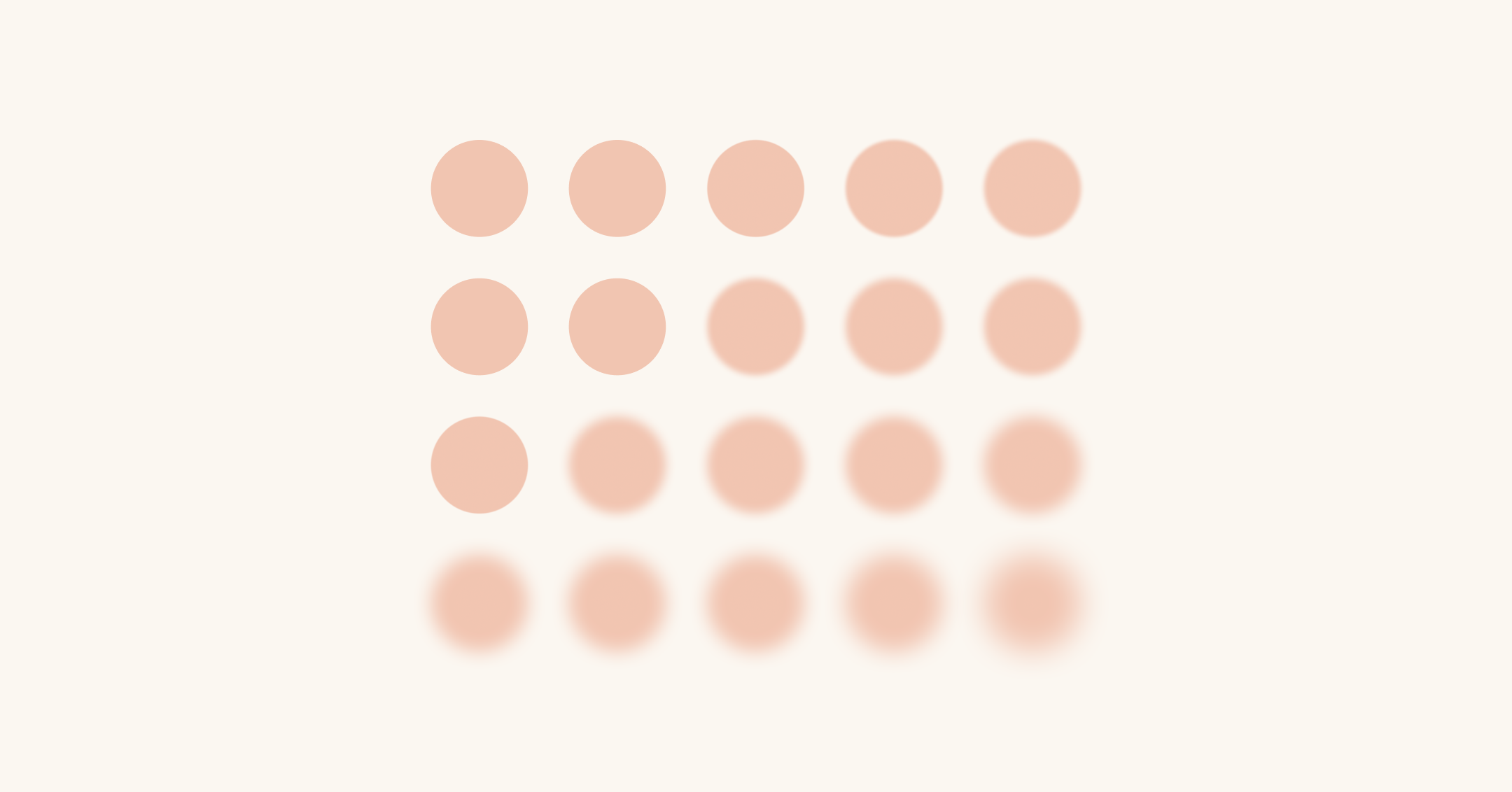Alcohol use disorder (AUD) is a medical condition characterized by uncontrolled drinking, strong cravings for alcohol, and uncomfortable withdrawal symptoms.
AUD can negatively affect a person’s health in many ways. It can harm the liver, heart, nervous system, digestive system, and more. Learning to spot the physical signs of AUD can help you know when it might be time to seek support.
While AUD can be challenging to live with, effective treatments are available. A healthcare provider or therapist can help you decide the best form of care for your situation.
Alcohol use disorder (AUD) is a complex condition. It can affect people from all walks of life and can present differently in different people. But all people living with AUD have a pattern of uncontrolled drinking. Unlike occasional or social drinkers, people with AUD are often preoccupied with alcohol, despite its damaging effects on their health, relationships, and overall well-being.
Sometimes, AUD can be difficult to detect. People may not recognize when their drinking has become a problem even if it’s apparent to other people. But there are some known physical signs of AUD. Familiarizing yourself with these symptoms can help you know when to ask for help.
Rest assured, there are effective treatments for AUD. Working with a mental health professional who specializes in substance use issues can help you heal from AUD and regain control of your life.
What is alcohol use disorder?
Alcohol use disorder (AUD) is a medical condition that affects both the mind and body. It causes a person to have difficulty controlling their drinking, despite its negative consequences. AUD can range in severity from mild to severe and, if untreated, can lead to long-term mental and physical health problems. Sometimes called “alcohol dependence,” AUD is characterized by three main criteria:
Strong, frequent cravings for alcohol
A loss of control over the amount of alcohol you drink
Feeling anxious, irritable, or physically uncomfortable when you cannot drink (also known as withdrawal)
If you experience any of these criteria, know that you’re not alone and your drinking does not define you. People can engage in unhealthy drinking without having AUD. For example, binge drinking can lead to negative outcomes in many areas of a person’s life. But binge drinking alone doesn’t mean you have AUD. If you’re worried about your relationship with alcohol for any reason, know that it’s OK to ask for help.
A note on terminology: Research shows that when it comes to dismantling the stigma that unfortunately keeps many people from seeking help, words matter. So throughout this article, and in Rula’s other content on addiction, you’ll see the terms like “alcohol use disorder” (AUD) or “person with AUD” used in place of words like “alcoholism” or “alcoholic.” This is part of our intentional effort to replace stigmatizing language with more inclusive terminology. In doing so, we hope to help more people feel comfortable seeking the care they deserve.
The care you need, when you need it
Learn how Rula can support your mental health journey
Physical signs of alcohol use disorder
Alcohol use disorder, if left untreated, can create lasting health complications. Some physical signs of AUD include:
Liver damage (cirrhosis, fatty liver, or alcoholic hepatitis)
Gastrointestinal issues and stomach problems
Cardiovascular (heart) damage
Respiratory (breathing) problems
Damage to the nervous system
These physical ailments aren’t always visible, especially at first, because they affect the body’s internal systems. But there are some other outward physical signs that could indicate that a person is living with AUD. These include:
Changes in appearance and hygiene
Excessive sweating, especially at night
Sleep disturbances
Weight changes
Face redness
Skin infections or sores
Unexplained bruises or other injuries
Unsteadiness or stumbling
Numbness or tingling in the hands
People with AUD will typically experience withdrawal symptoms if they cannot drink alcohol. Some of the most common physical withdrawal symptoms include:
Nausea and vomiting
Headaches
Body aches
Stomach issues
High fever
Chills
Shakiness or tremors
Other signs of alcohol use disorder
Alcohol use disorder (AUD) can take a toll on the body. But it can also impact how you think, feel, and behave.
Other signs that you may be living with AUD include:
Having an increased tolerance to alcohol
Having a loss of control over your alcohol consumption
Lying to friends or loved ones about your drinking
Concealing your drinking
Drinking heavily alone
Isolating oneself from friends or loved ones
No longer being interested in the activities you used to enjoy
Being unable to maintain responsibilities at home, work, or school
Drinking large quantities of alcohol or frequently binge drinking
Experiencing legal problems due to drinking
Continuing to drink despite its negative effects on your health, social life, employment, or relationships
Dig deeper:
How to help someone with alcohol use disorder
If someone in your life has alcohol use disorder, know that there are things you can do to help.
Approach the conversation thoughtfully. Choose a time when the person is sober, and find a private space to talk. Express your concerns using “I statements,” like “I care about you, and I’m concerned about your drinking.”
Offer some different options for support. Think about the forms of support your loved one may be open to. This could be joining a recovery group, speaking with a therapist, or even just doing activities together that don’t involve drinking. You can also offer to help with practical things, like transportation to appointments or childcare.
Make time for self-care. If someone you care about is living with an addiction, you may experience compassion fatigue. This is a loss of energy that comes from supporting others. So be sure to make time for self-care activities that energize you. Taking a break and making time for yourself doesn’t mean that you don’t care about your loved one or their sobriety.
Treatment options for alcohol use disorder
If you or someone you care about is living with alcohol use disorder, know that effective treatments are available. While AUD is a chronic condition that typically requires lifelong management, you can lead a full, healthy life with the right support.
Depending on your needs, treatment for AUD may include:
Detox: This is a medically supervised process that allows your mind and body to safely withdraw from alcohol. Detox typically occurs in an in-patient setting.
Medication: There are a few different medications that have been approved for treating AUD. Some work by suppressing alcohol cravings, and others create a negative physical response to alcohol. A healthcare provider or treatment specialist can advise whether medication is right for your recovery journey.
Residential treatment: Commonly known as “rehab,” there are treatment centers where you live full- or part-time while receiving care. These centers provide a wide range of supports and therapies tailored to individuals’ recovery needs.
Outpatient treatment: At these treatment centers, participants engage in programming for multiple hours a day, several days per week. Then, they return home or to another location during the evenings.
Ongoing support: This may include attending recovery or relapse prevention support groups, group therapy, or individual therapy. Many mental health professionals specialize in treating AUD and other forms of addiction. They can provide ongoing care to help you manage your condition.
Find care with Rula
Left untreated, AUD can lead to serious physical health problems. It can also impact your relationships and ability to function in daily life. If you’re struggling with your relationship with alcohol and your drinking is negatively affecting you, know that you’re not alone. AUD is a serious medical condition, but effective treatment is available.
At Rula, we collaborate with an extensive network of therapists who offer many forms of care. No matter what mental health issue you’re facing, you can use our platform to find a provider who meets your needs and takes your insurance in just a few clicks. From there, you can begin receiving care as soon as tomorrow.
Rula's editorial process
Rula's editorial team is on a mission to make science-backed mental health insights accessible and practical for every person seeking to better understand or improve mental wellness.
Members of Rula’s clinical leadership team and other expert providers contribute to all published content, offering guidance on themes and insights based on their firsthand experience in the field. Every piece of content is thoroughly reviewed by a clinician before publishing.





